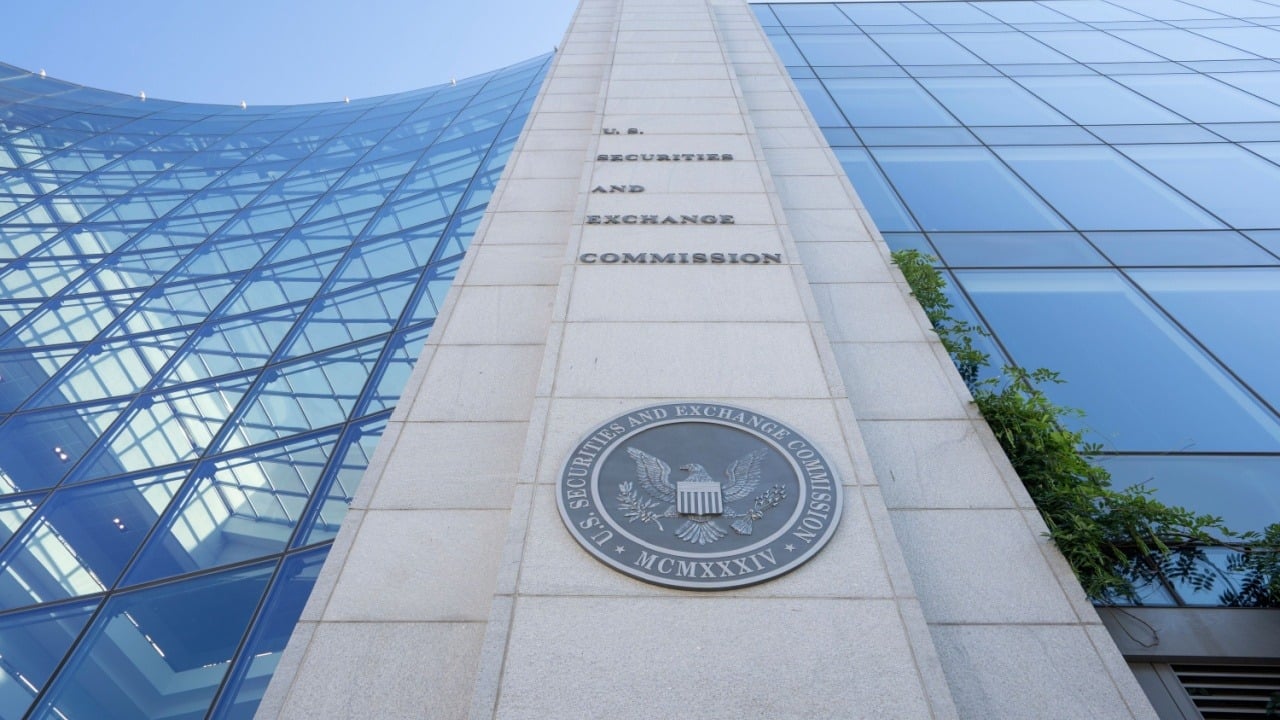On April 21, 2025, Paul Atkins becomes SEC chair, a development poised to transform the cryptocurrency landscape in the United States. Succeeding Gary Gensler, Atkins, a former SEC commissioner from 2002 to 2008, is known for his pro-crypto stance and investments in digital assets via platforms like Anchorage and Securitize. His appointment signals a shift toward market-friendly regulations, offering hope for crypto businesses seeking clarity. This article delves into how Paul Atkins becomes SEC chair, the changes he’s introducing, and the potential impact on the crypto industry.
How Paul Atkins Becomes SEC Chair and His Vision

When Paul Atkins becomes SEC chair, it marks a departure from Gensler’s enforcement-heavy approach, which often clashed with crypto exchanges and DeFi platforms. Appointed by President Donald Trump, Atkins brings a track record of supporting innovation while ensuring investor protection. His prior SEC tenure emphasized balanced regulation, and his recent engagement with blockchain communities, including an appearance on Cardano’s IOG YouTube channel, highlights his crypto expertise.
Atkins has initiated key changes, including downsizing Gensler’s enforcement unit and forming a crypto task force led by Commissioner Mark Uyeda. This task force aims to develop clear regulations for digital assets, addressing issues like token classification and compliance that have frustrated crypto firms. His personal crypto investments suggest a vested interest in fostering blockchain growth.
Impact of Paul Atkins Becomes SEC Chair on Crypto Markets
The news that Paul Atkins becomes SEC chair has fueled optimism in the crypto market. Bitcoin climbed to $83,500 after Trump’s 90-day tariff suspension (excluding China), a policy complementing Atkins’ appointment [source: market data]. His pro-crypto policies could pave the way for Bitcoin and Ethereum ETF approvals, providing institutional investors with new opportunities. Unlike Gensler’s crackdowns on Binance and Coinbase, Atkins is expected to offer regulatory clarity, boosting market confidence.
Atkins’ leadership may also spur corporate crypto adoption, mirroring Strategy’s $555 million Bitcoin purchase or Spar’s Bitcoin payment system in Switzerland. However, Atkins must navigate investor protection concerns to prevent risks like scams or market manipulation.
Opportunities for Crypto Innovation
With Paul Atkins Takes Over as Head of the SEC, crypto businesses gain a chance to thrive under clearer regulations. Exchanges like OKX and Bitget, already compliant with EU MiCA rules, could expand in the U.S. if Atkins streamlines compliance. His task force may prioritize frameworks for DeFi and Layer 2 solutions like the Lightning Network, supporting projects such as $PEHE on the TON blockchain. This could attract foreign investment, positioning the U.S. as a blockchain hub alongside Switzerland and Asia’s NFT markets.
Institutional investors, previously deterred by Gensler’s policies, may now embrace crypto, driving market growth. Atkins’ pro-market approach aligns with global trends, such as Japan’s adoption of gaming tokens, creating a fertile environment for crypto innovation.
Challenges Facing Atkins’ SEC Leadership

Despite the promise of Paul Atkins becomes SEC chair, challenges loom. Critics warn that his crypto investments risk regulatory capture, prioritizing industry interests over consumer safety. The SEC must tackle memecoin scams and darknet markets, which could exploit lenient oversight. Atkins’ approach may also conflict with international regulators like the EU’s ESMA, which flags crypto’s financial stability risks.
Market volatility, driven by events like U.S.-China trade tensions, poses another hurdle. Bitcoin’s recent fluctuations underscore the need for stable regulations. Atkins must ensure smaller projects aren’t sidelined, as X users note that regulatory shifts require time to materialize.
Looking Ahead
As Paul Atkins becomes SEC chairman, the crypto industry anticipates a new era of regulatory clarity. His task force and potential ETF approvals could propel Bitcoin, Ethereum, and altcoins like XRP into the mainstream. By fostering innovation, Atkins may mirror Switzerland’s success with Bitcoin payments and Asia’s NFT growth. Yet, he must balance market freedom with investor safeguards to maintain trust.
Investors and crypto enthusiasts should watch Atkins’ initial policy moves and enforcement actions to assess their impact. With the U.S. poised to lead global crypto markets, Paul Atkins becomes SEC chair is a transformative moment for digital assets.

